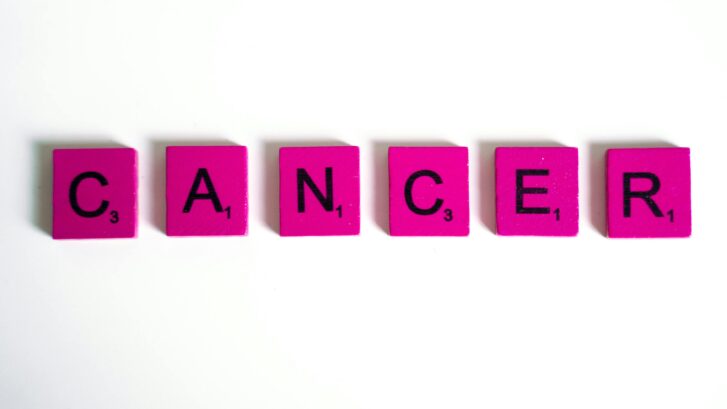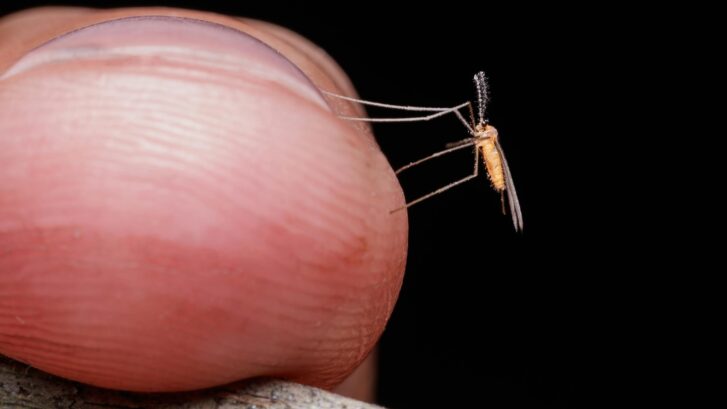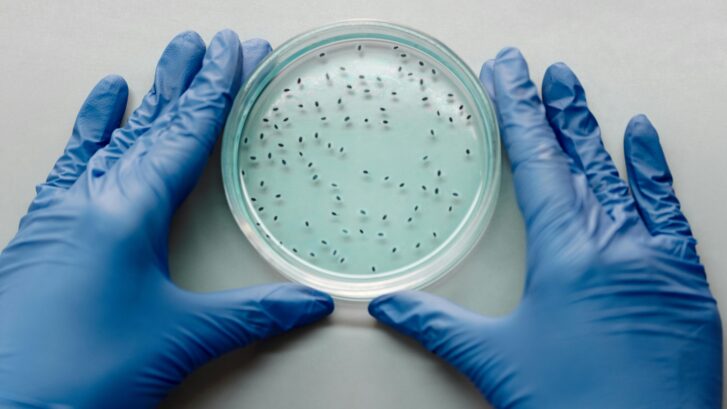How High-Fructose Corn Syrup May Fuel Tumor Growth
Recent research has shed light on the potential link between high-fructose corn syrup consumption and accelerated tumor growth in certain types of cancer. This study, conducted by researchers at Washington University in St. Louis, revealed a surprising interaction between the liver and tumor cells, emphasizing the impact of diet on cancer development.
Fructose and Tumor Growth: What the Study Found
The study observed that high-fructose corn syrup itself doesn’t directly feed cancer cells. Instead, the liver plays a pivotal role by converting fructose into nutrients, like lipids, which tumors use to grow and multiply.
Tumors, including melanoma, breast cancer, and cervical cancer, showed a growth rate increase of two-fold or higher in animal subjects consuming diets rich in fructose. Researchers noted that cancer cells prefer to acquire lipids from the body rather than produce them, making the liver’s conversion process critical in supporting tumor growth.
Why Fructose Matters
Fructose is a type of sugar found naturally in fruits and vegetables. However, it’s also a key ingredient in many processed foods, including soft drinks, sauces, and baked goods. Since the 1960s, the average person’s fructose consumption has risen dramatically, increasing the presence of high-fructose corn syrup in everyday diets.
This ubiquitous sweetener is not only in desserts but also in seemingly healthy foods like salad dressings and pasta sauces. Unless actively avoided, fructose is likely a regular part of most diets.
What’s Next?
While the study focused on animals, it raises important questions about the relationship between diet and cancer in humans. Researchers suggest that targeting the body’s metabolism, rather than cancer cells alone, could open new avenues for treatment. Reducing fructose intake could be one such strategy, as further studies aim to confirm these findings in human trials.
Simple Steps to Limit Fructose
- Read Labels: Check ingredients for high-fructose corn syrup.
- Eat Whole Foods: Choose fresh fruits, vegetables, and minimally processed items.
- Avoid Sugary Drinks: Opt for water, unsweetened tea, or natural juices.
- Cook at Home: Preparing meals allows better control of ingredients.
Understanding the role of diet in cancer development is crucial for prevention and treatment. By being mindful of fructose consumption, individuals can make informed choices to support their health.










